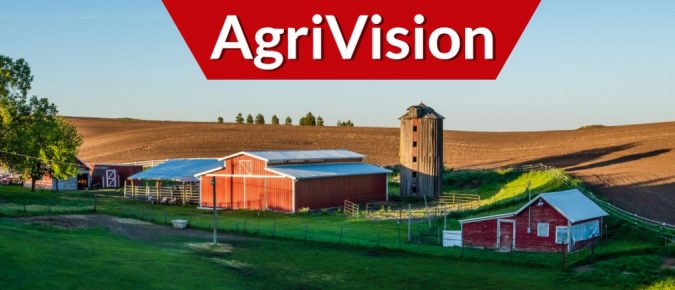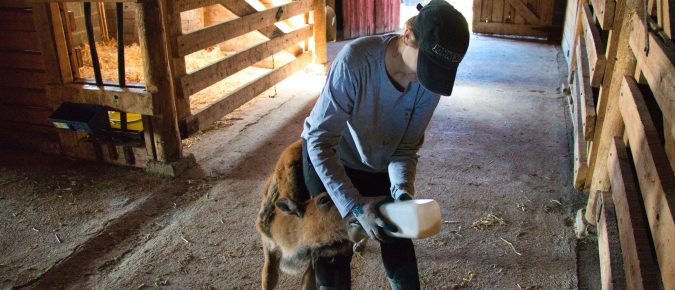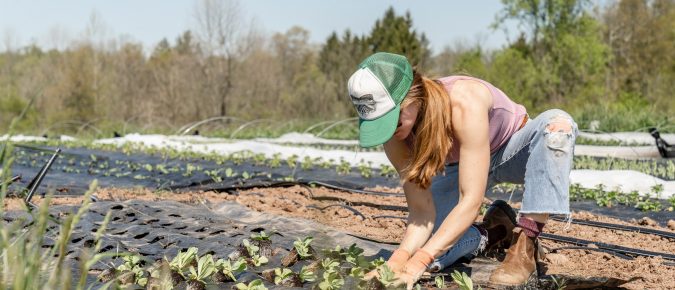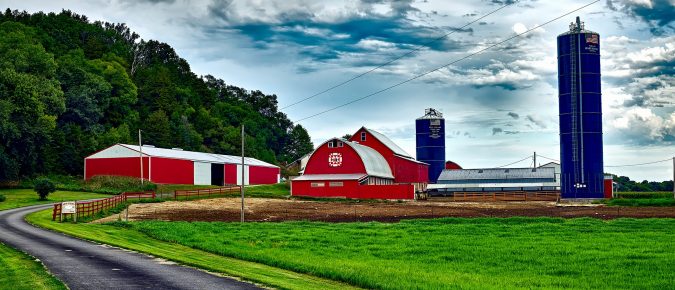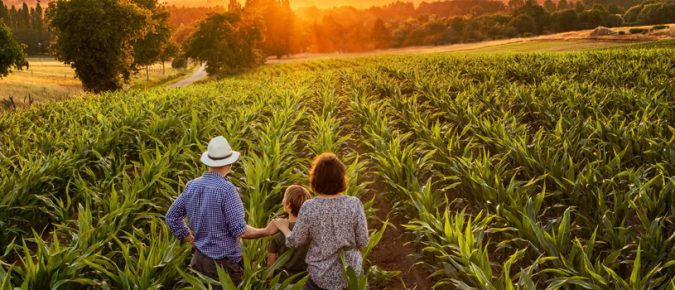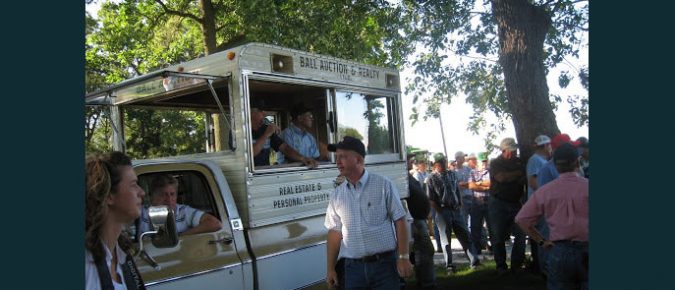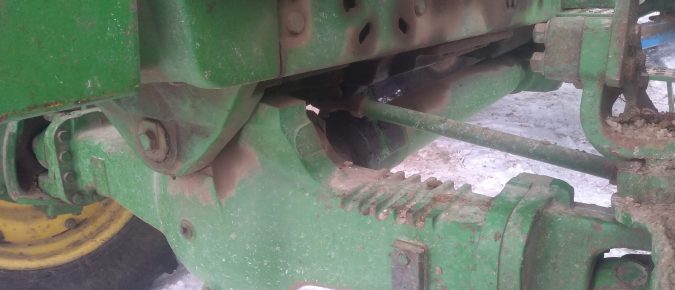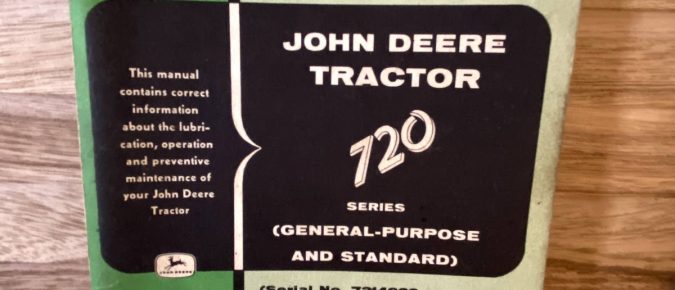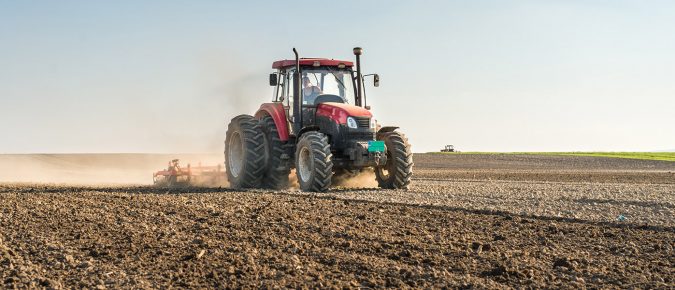If you are enticed by the potential of a value-added enterprise, then three potential steps to start with tomorrow after breakfast. One, find the stick and hit yourself over the head until you are ready to do your homework. Two, take time to learn more about value-added agriculture enterprises. Three, don’t go it alone. In every state there are people and organizations that stand ready to assist.
The Wisconsin Farm Succession Professionals Network bring educators, agencies, and service professionals together to build knowledge and skills and to discuss coordinating efforts in farm succession to better serve the Wisconsin agriculture community.
Host Katie Wantoch and Jim Versweyveld, Agriculture Extension educator in Walworth County, discuss viability of a dairy farm and future retirement options for a farm couple.
When working through developing a plan to transfer management decisions it is important to realize that management decisions should be transferred incrementally. Having a framework of when management decisions will be transferred will give both the owner and the successor generations peace of mind.
In farming, sweat equity is a term that is loosely used to define how established farmers use payment of a commodity or capital assets to replace some of the cash wages for employees. Sweat equity is also the term sometimes used to compensate a successor for years of labor and management that helped build the owner generation’s wealth.
In farming, sweat equity is a term that is loosely used to define the practice of using a commodity or capital asset to replace some of the cash wages for employees. Often times farms do not know how to document sweat equity as a payment for wages.
Host Katie Wantoch and Ben Jenkins, Agriculture Extension educator in Green Lake County, discuss a farmer and his son who are considering buying a new chopper and how to cash flow this purchase.
Host Katie Wantoch and Kaitlyn Davis, Extension Agriculture Educator in LaCrosse County, discuss if a farmer and his son should prioritize paying down debt this year instead of replacing some equipment.
Host Katie Wantoch and Jim Versweyveld, Agriculture Extension educator in Walworth County, discuss a female farmer who needs to have a conversation with her dad about her future and their family farm.
Research shows that the division of assets for inheritance is a common tension around farm succession planning. In some cases, the tension can be so great that the owner generation avoids making a decision until it’s too late. Take time to learn the contrast between fair vs. equal distribution of farm assets.
The best way to divide farm assets is a challenge that farm families face with each generation of owners. The fear of upsetting one’s children often causes parents to divide farm and family assets equally among all heirs. This is the second of a 3-part series about fair vs equal distribution of farm assets.
Host Katie Wantoch and Liz Binversie, former Extension agriculture educator from Brown County, answer a question from a high school senior inquiring about a future career in agriculture and their next steps.
Prospective farm equipment buyers today have several sources for finding the right machine for their operation. UW-Madison Extension offers tips for searching online for farm equipment.
Once you’ve decided to buy a piece of farm equipment, your next challenge is sourcing it. UW-Madison Extension provides tips on finding equipment off-line.
Successful farm tractor ownership requires a plan for scheduled maintenance and repairs as needed. This is especially true when purchasing a used farm tractor. UW-Madison Extension provides tips on keeping a tractor in good working condition.
If you are considering a purchase of a used farm tractor or other machine, even if you are not using it to do traditional farm work, safety must be a prime consideration. UW-Madison Extension provides some critical priority checkpoints to protect the personal safety of yourself, family members, workers and others who might be using the equipment that you purchase.
Once you have a list of tasks and implements needed to perform those tasks, do some research on the minimum horsepower required to power those implements. UW-Madison Extension provides guidance on choosing a tractor to fit your needs.
Knowing what jobs tractors are and are not intended for can help you decide if one is necessary for your operation. UW-Madison Extension provides a list of considerations when thinking about purchasing a tractor.


